Natural sleep inducers, myths and truths
Sleeping better without drugs: The natural sleep inducers that DO work
Difficulty falling asleep, or poor quality sleep, is one of the most common ailments in modern society. Home remedies and grandmother’s tricks have been passed down from generation to generation, sometimes without knowing why they work. What’s so real about a glass of warm milk before bedtime? Let’s debunk some myths about sleep inducers and teach you how to sleep better.
Dairy products:
True: whether it’s the glass of milk or the serving of cheese, dairy is a great sleep aid. Milk and dairy products contain tryptophan, an amino acid that stimulates the production of serotonin. Serotonin is a neurotransmitter that has calming and sedative effects when released in the body.
False: Blue cheese or highly fermented cheese causes nightmares. The ripening of cheese has nothing to do with the nightmares that occur in the deepest phase of sleep, the REM phase. On the other hand, there are people who find it difficult to digest dairy products or who suffer from a certain intolerance to certain foods. Inevitably, they will get a bad night’s sleep if they eat these products before going to sleep.
Natural herbal teas:
True: Natural herbal teas such as passionflower, lime blossom, California poppy or valerian have a proven sleep-inducing effect. They have a proven sleep-inducing and sedative effect on the central nervous system. Nowadays, there are formulations on the market in different formats, such as herbal teas, tablets, or drops with a mixture of the different active ingredients.
False: Natural herbs used as sedatives for anxiety disorders or insomnia always help people to fall asleep. Medicinal plants are closely linked to tradition and even magic in certain countries. Not all formulas are equally effective for all people. The quantitative composition of the active ingredient and which part of the plant is used for the preparation is very important. There are scientific studies and evidence for the sedative properties of the plants mentioned above, but not for other preparations that lack scientific evidence and clinical studies to support them. In this case, popular tradition and the placebo effect have a lot to do with the effectiveness of these preparations.
Sleeping with the head oriented to a specific cardinal point:
Neither true nor false: At this point we leave it to the reader to take a position on these statements. There are different currents such as Feng Shui or Geobiology that have their theories on this subject. They claim that the magnetism of the earth affects the dynamics and regeneration of our cells through its magnetism while we sleep. If we favour the re-polarisation of our cells and align our body with the magnetism of the earth, we will favour rest. In other words, it is recommended to sleep with the head towards the North in order to rest better, or alternatively towards the East. Towards the South or West they prevent good rest and provoke the opposite effects, such as tiredness or dejection.
It is also recommended to stay away from any electromagnetic, sound or light source in our sleeping area.
Drinking alcoholic beverages:
True: A glass of wine a day, especially red wine, has a heart-healthy effect. This is certified by the Spanish Heart Foundation. But this glass of wine is recommended at lunch, not at dinner, and has nothing to do with inducing sleep. Beer (always non-alcoholic) can be a good ally as it contains hops, which does promote sleep.
False: Drinking alcohol helps you fall asleep better. This is a half-truth. It is true that alcohol initially causes drowsiness. However, several studies have shown that an alcohol concentration, even if it is not very high, alters the individual’s sleep architecture. In phases of deep sleep, a series of micro-awakenings may appear, due to an increase in Alpha waves (typical of the waking state), in a phase of sleep where the waves should be slow and of a different type.
If you have sleep-related problems, consult a professional to make a differential diagnosis of the possible causes of insomnia. And follow our blog to learn how to sleep better! Happy sleep.
Terapia CPAP Portugal
Latest posts by Terapia CPAP Portugal (see all)
- Sleep apnea with other illnesses - 21 de July de 2023
- What is an oxygen concentrator and what is it for? - 23 de June de 2023
- Sleep apnea machine - 5 de December de 2022
- Difference between CPAP and BIPAP - 22 de November de 2022
- Narval CC mandibular advancement for sleep apnea - 14 de November de 2022









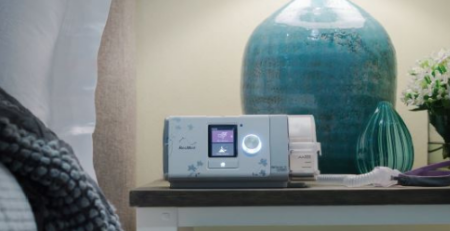
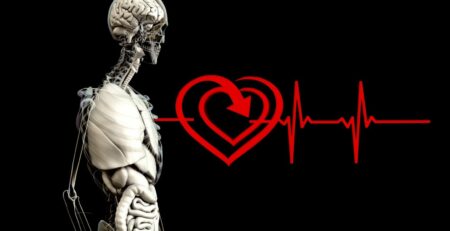

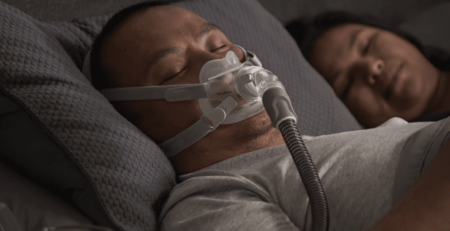
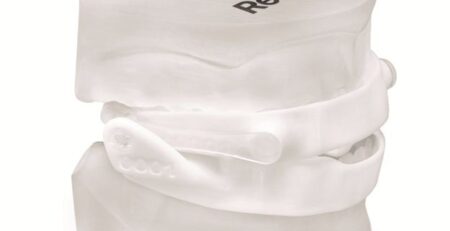
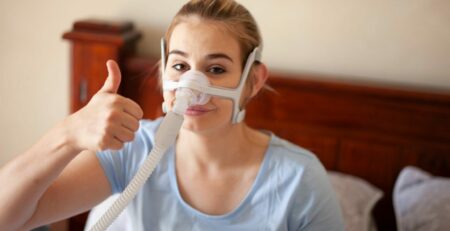
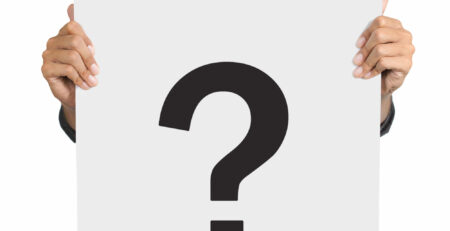
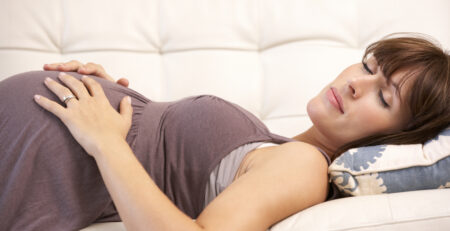
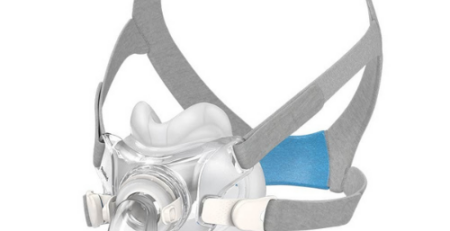
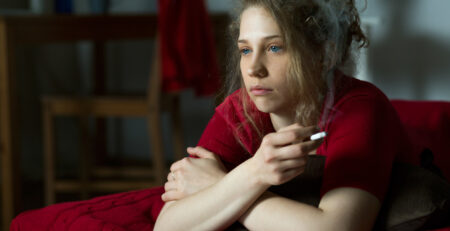

Leave a Reply